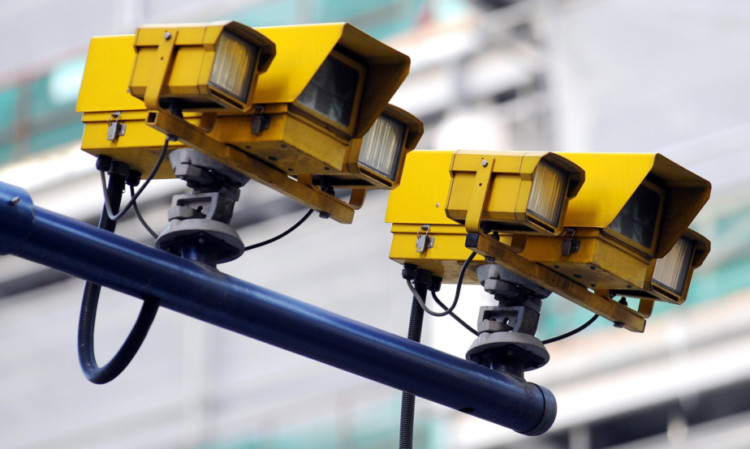Scottish business owners have joined the backlash against the £2.5 million A9 average speed camera proposals saying it will lead to more accidents by increasing driver frustration.
The Federation of Small Businesses has now written to the Minister for Transport, Keith Brown urging him to consider their concerns.
Andy Willox, Scottish policy convener for the organisation, also demanded evidence of the effectiveness of average speed cameras on the stretch between Dunblane and Inverness.
He said: “Quite simply, our fear is that this proposal will lead to more overtaking and hence, more accidents.
“HGVs sticking to 40mph, coupled with the many tourists using the A9 for the first time and unsure when and if it is safe to pass, will inevitably lead to very long tailbacks.
“The dualled and overtaking lane sections will be insufficient to clear them.
“The result will be more overtaking on single carriageway stretches of the road and could also lead to motorists by-passing slow sections by leaving the A9 and using rat runs through villages.”
As well as fears over the impact on road safety, Mr Willox claimed installing 100 cameras along the 136-mile route between Central Scotland and the Highlands would have an adverse effect on businesses.
He added: “In reducing average driving speeds, these proposals will result in more HGV drivers spending longer at the wheel and having to take more rest breaks at the side of the road, increasing business costs in the process.
“All of this will inevitably reinforce the A9’s reputation as a slow and risky road and discourage businesses and leisure travellers from using it at all, leading to fewer tourists travelling north and less business being done in the Highlands.”
However, strategic impact manager for Transport Scotland and chairman of the A9 Safety Group, Stewart Leggett denied the proposals would have a negative impact on businesses or road safety.
“It will, by reducing the number of incidents, give a better ground time and reliability to both private and commercial road users,” he said.
“It will also create a fairness in terms of commercial vehicles because, at the moment, not all are complying with the speed limits.”
Mr Leggett also denied traffic would filter from the A9 through towns and villages along the route.
He said that, during a study of the A77 where the first average speed camera system in Scotland was installed in 2005 there was no significant evidence of this happening.
